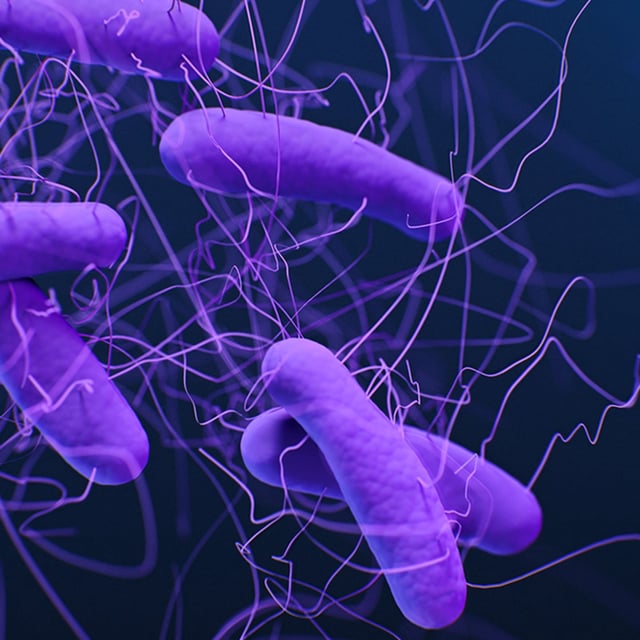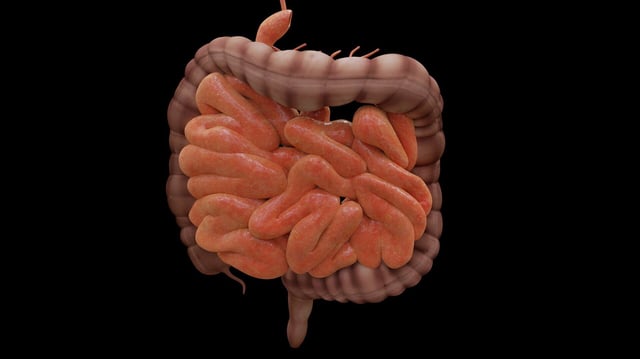Overview
- FMT transfers a heterogeneous community of colon-derived anaerobic bacteria to patients and is approved by the FDA only for recurrent Clostridium difficile infections.
- In murine models, researchers observed colon-derived microbes colonizing the small intestine and other non-native regions for months after a single transplant.
- Persistent microbial mismatches reshaped intestinal tissues by altering gene and protein expression to favor transplanted bacteria.
- Off-target colonization led to changes in liver metabolism, immune function, feeding behavior and energy expenditure in recipient mice.
- The proposed omni-microbial transplant method would source microbes from each intestinal segment to better match regional ecosystems.


